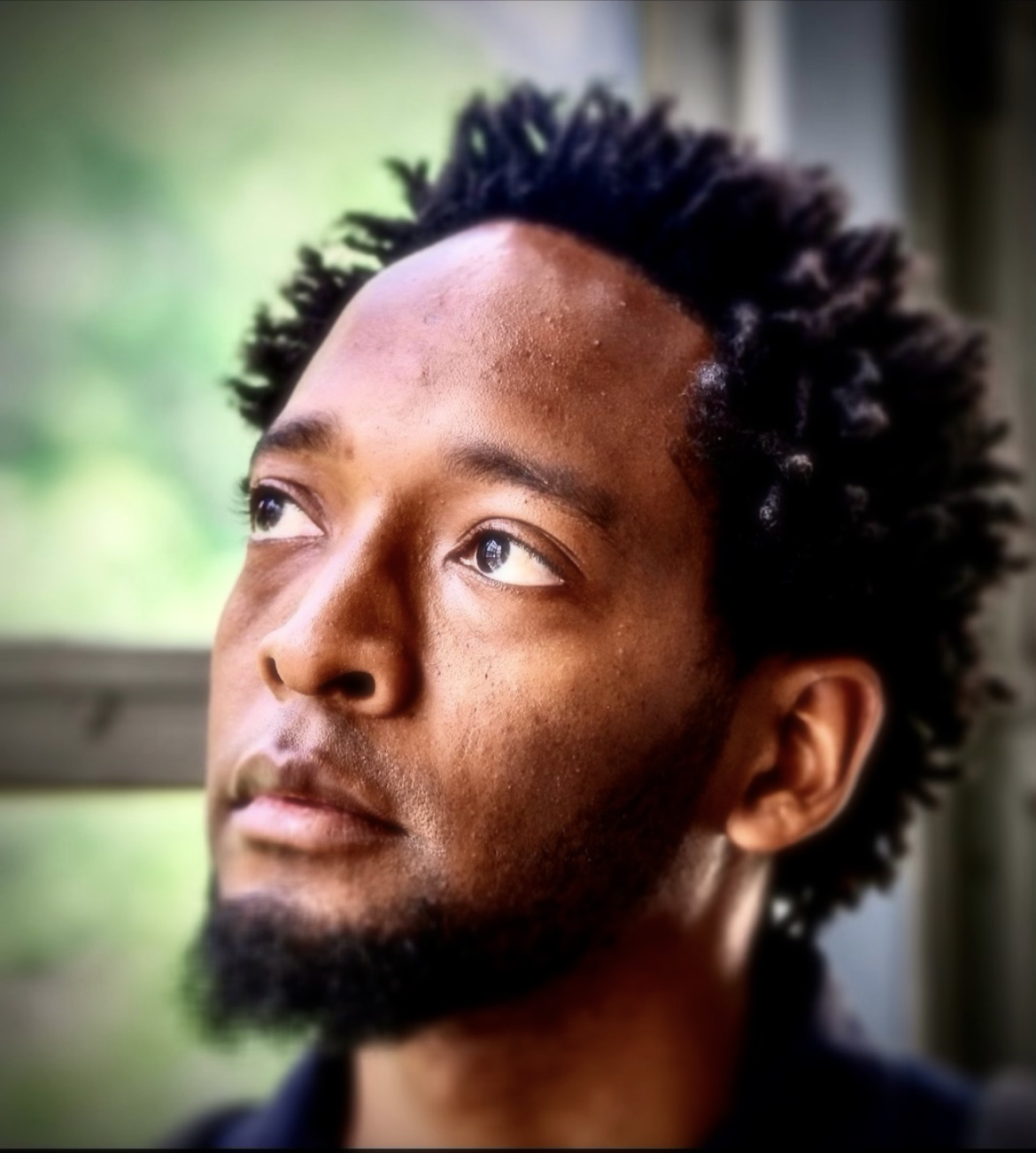
United Theological Seminary of the Twin Cities is thrilled to honor Rev. Anthony Jermaine Ross-Allam (’12) as its inaugural Spirit of United alum award recipient. Established this year, the Spirit of United award raises up recent alums who have done “exceptional work that reflects the mission of United in the church, in faith communities, or in society.” Jermaine—a dedicated scholar, gifted Presbyterian preacher, and a thoughtful and discerning social ethicist—has accomplished that and more since he earned his MDiv.
Though Jermaine graduated from United in 2012, his scholarship did not stop. While serving as United’s “superlative admissions recruiter,” he audited United classes through 2015. More recently, Jermaine earned an MTh in 2021 and has become a doctoral candidate in social ethics at Union Theological Seminary in New York.
As a preacher in the Twin Cities, Jermaine served as the associate pastor for social justice at Oak Grove Presbyterian Church, as well as the associate pastor at Liberty Community Church. His tenure at Oak Grove coincided with disturbing police-involved encounters with people of color, including the fatal shooting of Philando Castile during a 2016 traffic stop.
Based in North Minneapolis, Liberty Community Church was co-founded by the Rev. Drs. Ralph and Alika Galloway and is the only African American-led Presbyterian congregation in Minnesota. Jermaine—who credits the trajectory of his ongoing ministry to the Galloways’ “witness of just, creative, sacrificial, and faithful parish and community leadership in the face of brazen racist inequity”—co-founded and was executive director of the 21st Century Academy, a faith-inspired after school program that is now one of Liberty’s community outreach initiatives.
Alika Galloway was also Jermaine’s first professor in womanist Theological Ethics through her 2010 United course on Rev. Dr. Katie Geneva Cannon held at Liberty (then named Kwanza Church). Ross-Allam attests that the most important lesson he learned in Galloway’s course was that “a combination of ‘unshouted courage’ and ‘unctuousness’ is a non-negotiable spiritual requirement and ethical virtue for the Afro-American people in our process of achieving a full-spectrum liberation worthy of the unfolding world-creative and historic yet uncompensated labor of our ancestors.”
Galloway, in partnership with United professor Rev. Dr. Paul Capetz (from whom Jermaine learned to embrace the historical-critical method), also taught an important course about the theology of Rev. Dr. James Cone. That course was second only to the field-defining scholarship of Jermaine’s doctoral advisor, the preeminent social ethicist Rev. Dr. Gary Dorrien, as inspiration to attend Union Theological Seminary and build on Cone’s foundation as laid out in his 2011 book, The Cross and the Lynching Tree.
In early 2022, Jermaine delivered two important speeches. As part of a Rev. Dr. Martin Luther King, Jr. event sponsored by Liberty Community Church and Westminster Presbyterian Church in January, he spoke about “the social ecology that inspires, justifies, ignores, rewards, and excuses extralegal violence against Afro-Americans after Emancipation.” A few months later, Jermaine delivered the Inaugural RIDGS Keynote Lecture—“Strange Fruit: The Social Ecology of Extralegal Violence against Afro-Americans from the New York City Draft Riots to the Wilmington, North Carolina Coup D’état, 1863–1898”—at the Center for Race, Indigeneity, Disability, Gender & Sexuality Studies at the University of Minnesota’s College of Liberal Arts.
Rev. Sarah Moore-Nokes, who penned a support letter for Jermaine’s nomination, met him when he became a Theology and Program Co-Lead for an initiative called Restorative Actions. Restorative Actions is an initiative for churches, individuals, mid-councils, and PC(USA) agencies—as well as ecumenical partners—to take a strong stance against racism and racial privilege, and set aside restorative funds to support harmed communities’ self-development.
“Jermaine,” Rev. Moore-Nokes asserts, has been “instrumental” in developing the initiative. “He has led the group in wrestling with difficult theological questions about institutional injustices; made the case for white Protestant Christians to lead efforts to dismantle systems of oppression; and written a curriculum…for congregations [who want to] begin hard conversations about the church’s history and current role in the significant wealth disparities that exist in this country.”
In October 2022, Jermaine assumed a national role when he was called to lead the Presbyterian Mission Agency’s newly formed Center for the Repair of Historical Harms. “The Center exists,” Jermaine explained at the time, “so that the PC(USA) can have an organized way to go about the business of repairing the harm that the PC(USA) has done to Indigenous peoples and to Afro Americans and to other groups.”
Once the church can acknowledge its historical role in harming others, he added, “it can discover…what role the church is perfectly placed in to begin to lead the culture into believing that repair is necessary and right and possible.”
Since becoming director of the Presbyterian Mission Agency’s Center for the Repair of Historic Harms, Jermaine has been busy traveling, consulting, speaking, and preaching. He shared his vision for the Center this January on “A Matter of Faith: A Presby Podcast.” In February, Jermaine was in Lansing, Michigan, to witness an historic public apology by white clergy to Black parishioners. In Louisville, Kentucky, he celebrated the Very Rev. Kelly Brown Douglas, recipient of the 2023 Grawemeyer Award in Religion, and preached on the occasion of the 125th birthday of Louisville’s Grace Hope Presbyterian Church. This fall, Jermaine expects to complete the initial phase of establishing the Center for Repair’s new International Ecumenical Repair and Reparations Alliance.
“To me,” Jermaine’s nominator Rev. Phil Romine (’16, ’21) avers, “Jermaine embodies that part of our spiritual heritage we affirm in our Presbyterian ordination vows: energy, intelligence, imagination, and love. In a time when many have energy, but few seek to deepen the dimensions of their intelligence to direct that energy, Jermaine brings both to bear on widening our imaginations, so that we might practice love: a love that revives and expands our imaginations; a love that guides our intellects; a love that animates our energies; and a love that ultimately weaves us together in the kindom of creation.”



Your Comments :